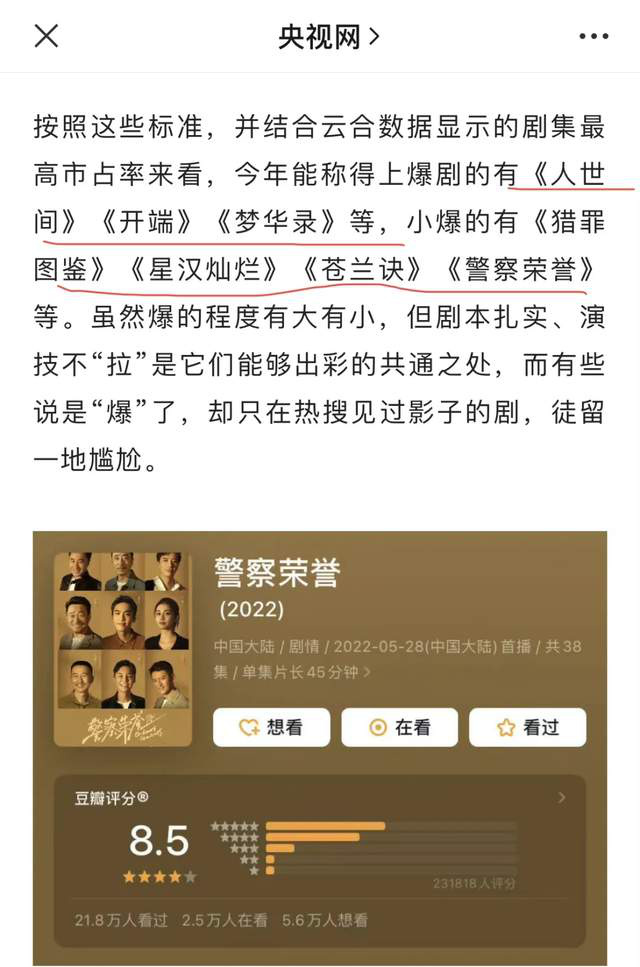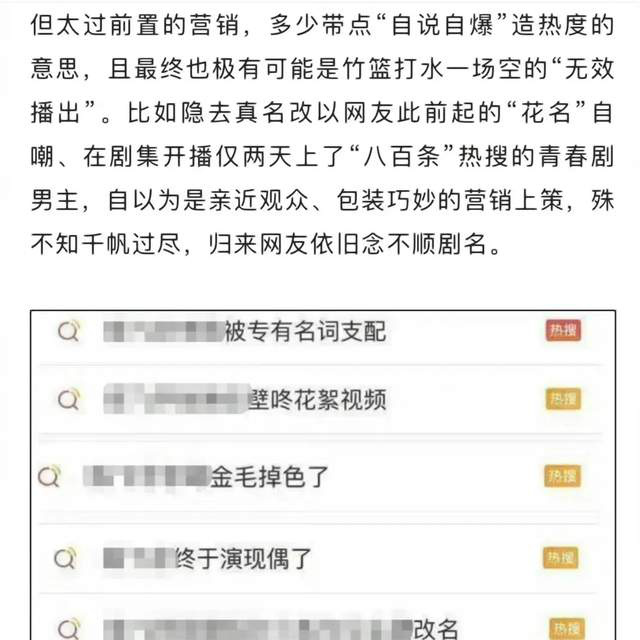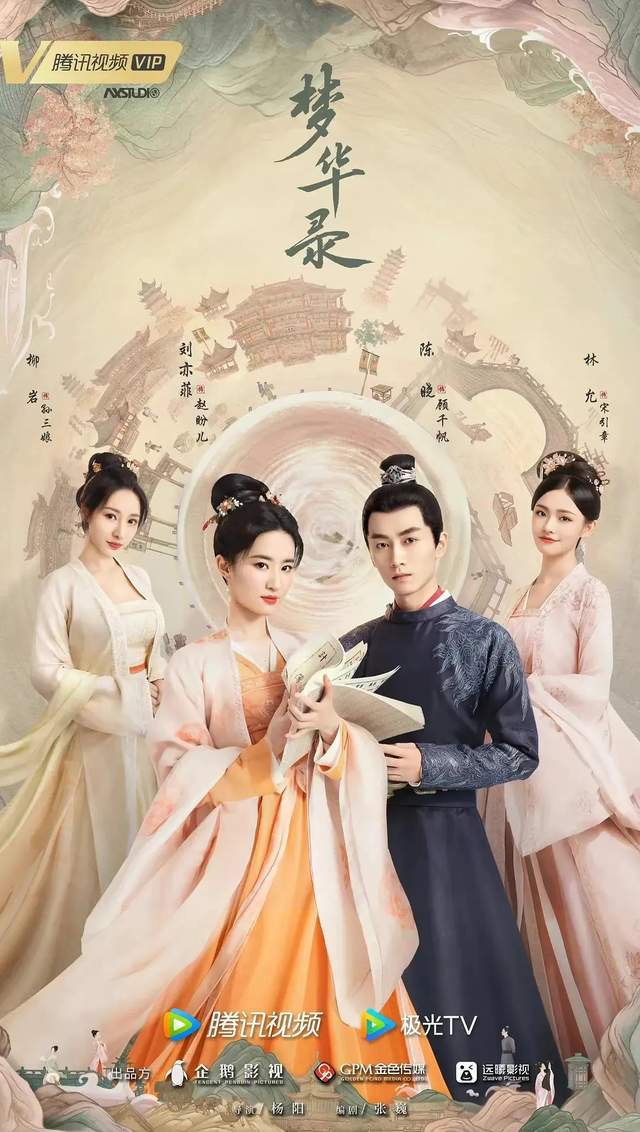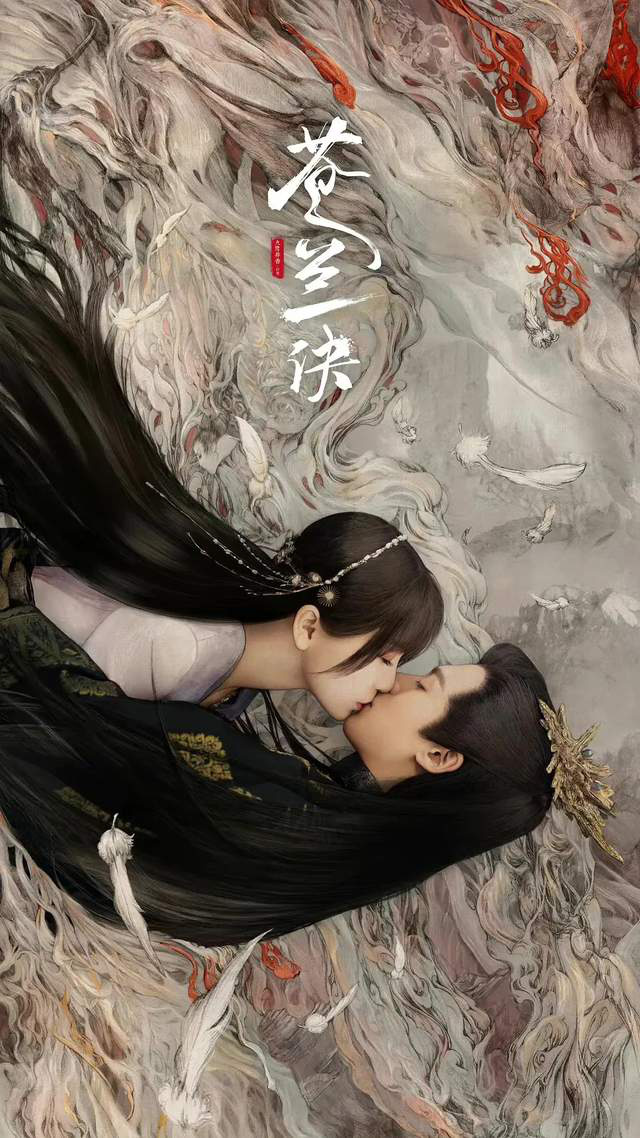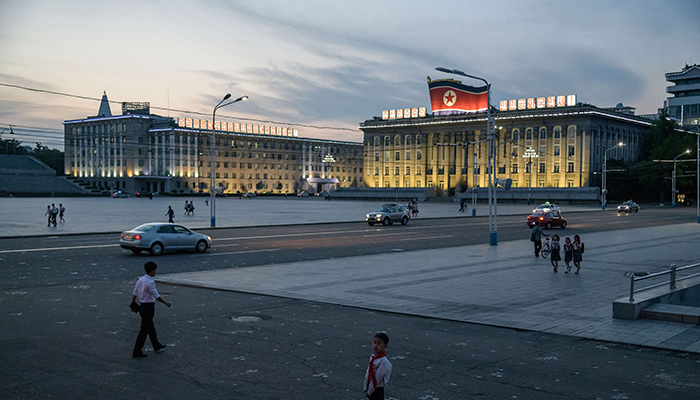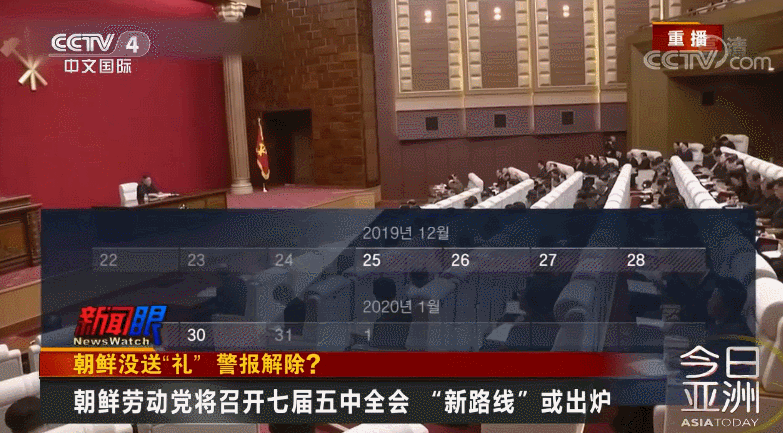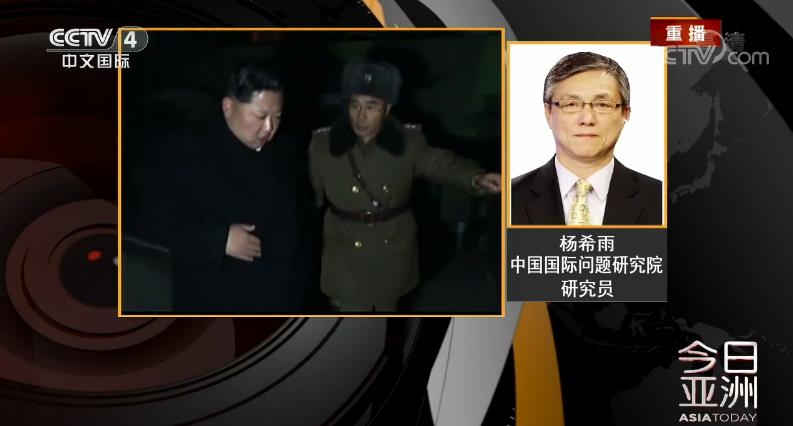When Liang Huiling gave a special party class on theme education, he emphasized consciously practicing Socialism with Chinese characteristics Thought of the Supreme Leader in the new era and strived t
Heilongjiang Daily, 22nd (Reporter Xue Liwei, Xu Jiaqian) According to the unified arrangements of the CPC Central Committee and the work arrangement of the provincial party committee on theme education, on the afternoon of 22nd, Liang Huiling, deputy secretary of the provincial party committee and governor, gave a special party class with the theme of "consciously practicing the Supreme Leader’s Socialism with Chinese characteristics Thought in the new era and striving to write a new chapter in the high-quality development of Longjiang". She stressed that in order to carry out in-depth education on studying and implementing the theme of Socialism with Chinese characteristics Thought of the Supreme Leader in the new era, we must firmly grasp the general requirements of "learning thoughts, strengthening party spirit, emphasizing practice and building new achievements", firmly anchor the objectives and tasks, adhere to the integration of learning and thinking, and unify knowledge, belief and practice, so as to turn Socialism with Chinese characteristics Thought of the Supreme Leader in the new era into a powerful force to strengthen ideals, temper party spirit, guide practice and promote work, accelerate the construction of "six Longjiang" and promote "eight revitalization"
Liang Huiling pointed out that the Supreme Leader’s New Era Socialism with Chinese characteristics Thought is contemporary China Marxism and 21st century Marxism, and it is the quintessence of Chinese culture and China spirit. It has opened up a new realm of China-oriented Marxism, shining with the brilliance of Marxist thought and truth, and provided a fundamental follow-up and action guide for promoting the comprehensive revitalization of Longjiang in the new era.
Liang Huiling emphasized that to consciously practice the Supreme Leader’s Socialism with Chinese characteristics Thought in the new era, we should more firmly transform our profound understanding of the "two establishments" into our high consciousness of the "two safeguards", build our political character by learning, gain our wisdom by learning, feel the power of truth, keep clean and honest by learning, promote our work by learning, and show our loyalty to the Party to the actual effect of promoting the high-quality development of Longjiang.
Liang Huiling emphasized that to consciously practice the Supreme Leader’s Socialism with Chinese characteristics Thought in the new era, we should completely, accurately and comprehensively implement the new development concept and lead the high-quality development of Longjiang. Fully understanding the new development concept is a scientific concept that leads all aspects of development and is strategic, programmatic and leading. Scientifically grasp the new development concept, take the benefit of the people as the starting point and the end result of government work, put accelerating revitalization and development in a more prominent position, and better coordinate development and security. Give full play to the leading role of the new development concept, and regard the new development concept as a baton, traffic lights and weights and measures, which runs through the whole process of economic and social development and all fields.
Liang Huiling emphasized that consciously practicing the Supreme Leader’s Socialism with Chinese characteristics Thought in the new era should actively integrate and serve to build a new development pattern and promote the high-quality development of Longjiang. Grasp the key to smooth economic cycle and form a higher level dynamic balance of demand pulling supply and supply creating demand. Consolidate the foundation of the modern industrial system and focus on the real economy in developing the economy. Make good use of the key measure of reform and opening up and inject strong kinetic energy into high-quality development. Inspire innovation as the first driving force, and rely on scientific and technological innovation to open up a new track for high-quality development. Implement the inevitable requirement of promoting agricultural and rural modernization and accelerate the construction of a strong agricultural province.
Liang Huiling emphasized that to consciously practice the Supreme Leader’s Socialism with Chinese characteristics Thought in the new era, it is necessary to improve the ability to change the style of work, thoroughly investigate and solve problems, blaze new trails for practical results, be brave in doing good deeds, further enhance political ability, thinking ability and practical ability, and enhance professional knowledge, professional ability and professional accomplishment, so as to comprehensively improve the performance of duties, boost the mental state and speed up the work efficiency, and provide a strong guarantee for promoting the high-quality development of Longjiang and the construction of a modern and powerful province.
Presided over by Yu Jian, attended by Li Yi, Wang Qiushi, Wang Lan, Zhang Yazhong, and the responsible comrades of the first batch of units directly under the provincial government and some large state-owned and state-holding enterprises.





















